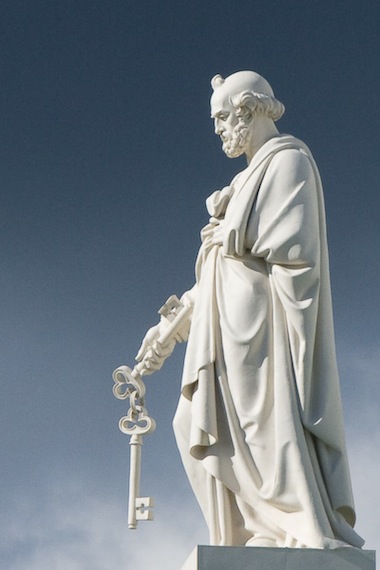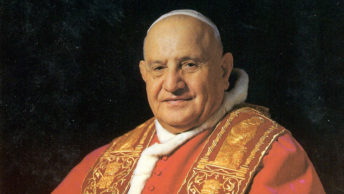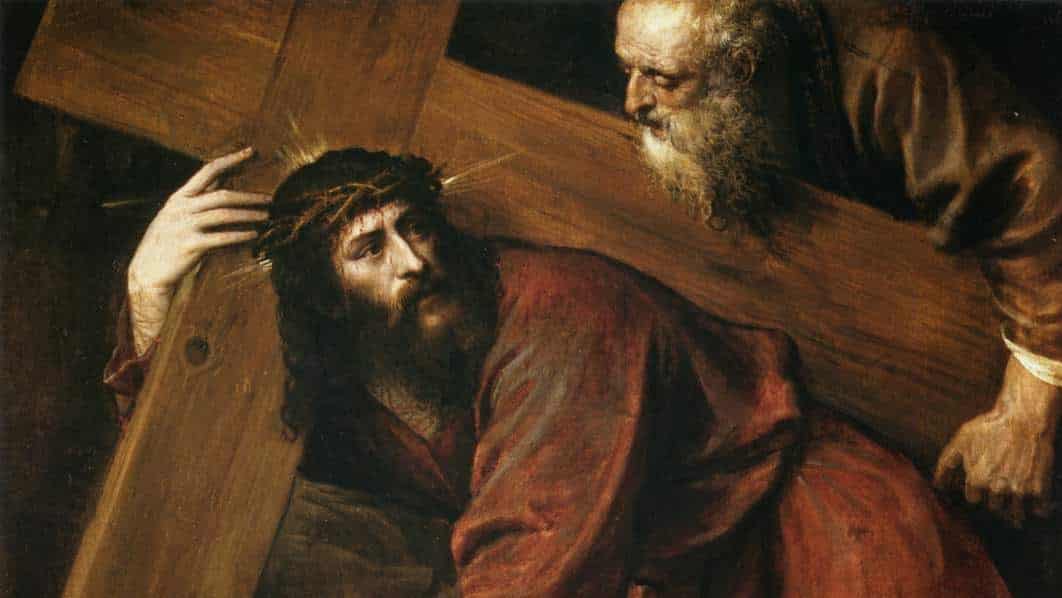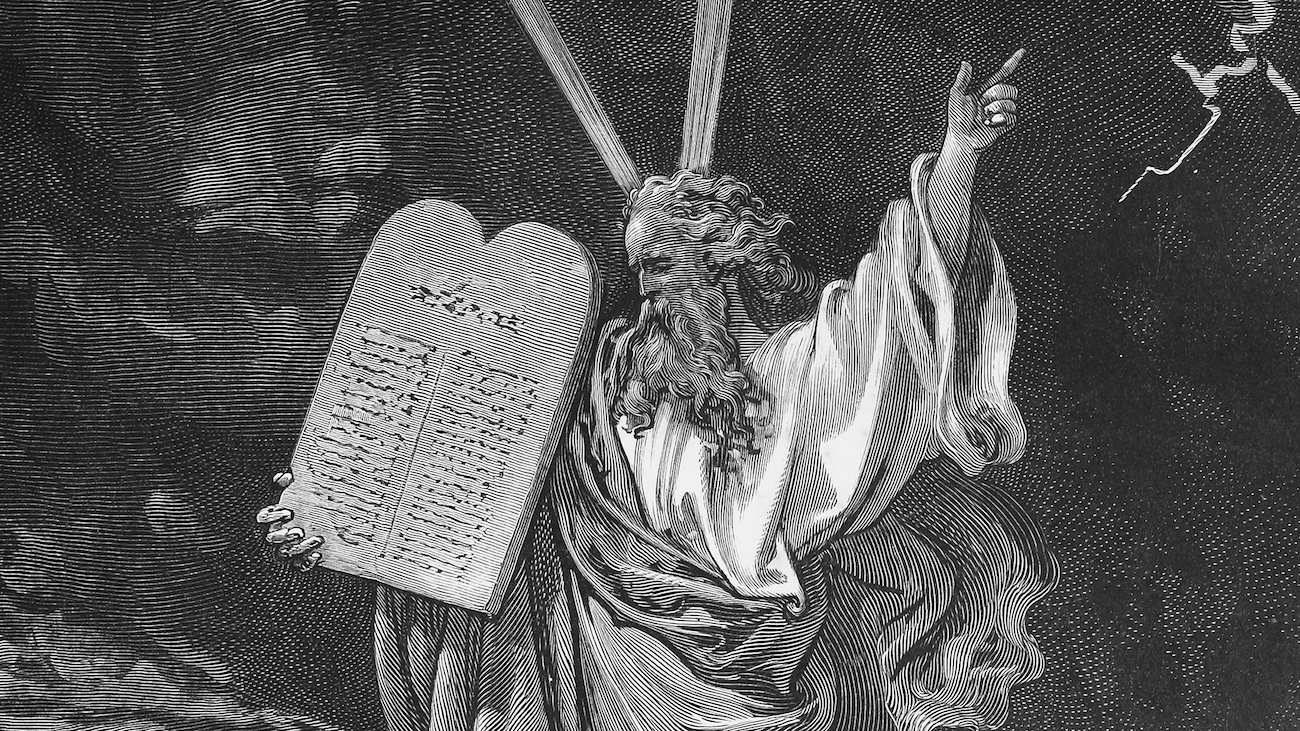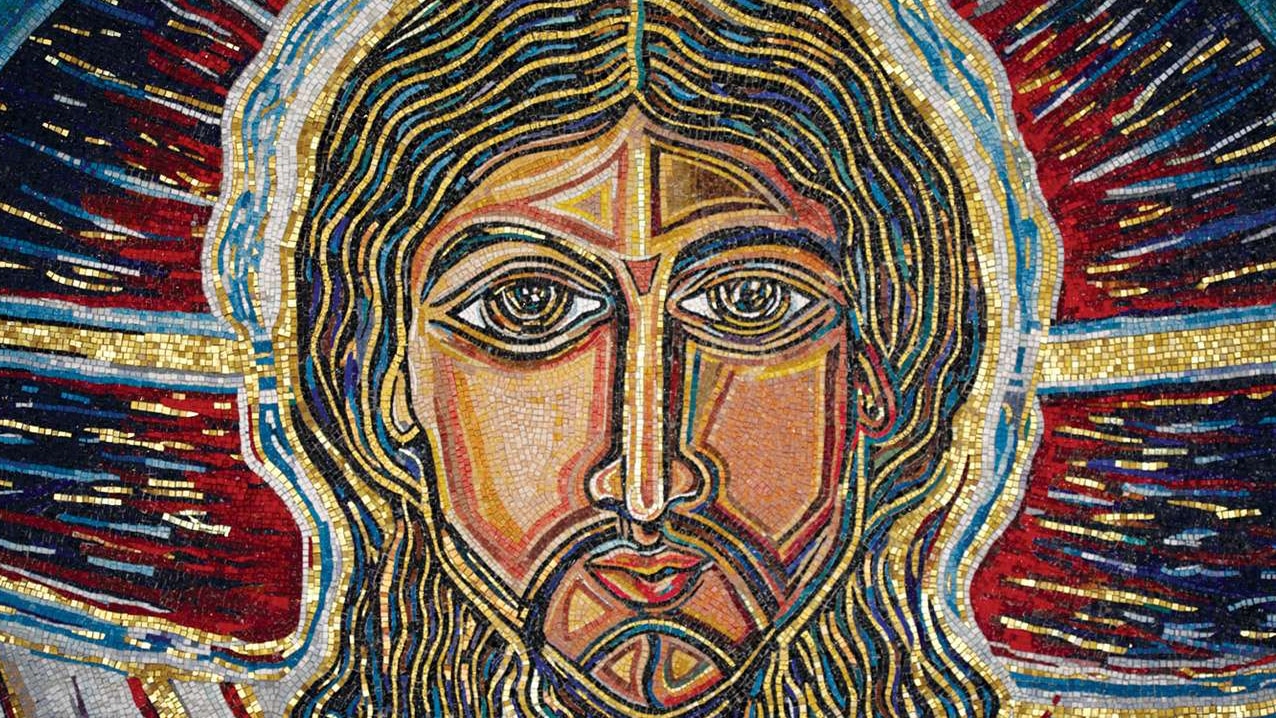God is everywhere, isn’t He? So why, then, do I have to go to Mass and receive Holy Communion. I can commune with God by simply going to a place of solitude and quiet. I can talk with God there, can’t I?
Why do I have to go to a priest and confess my sins in order to receive God’s forgiveness? Why can’t I go to Jesus directly? Why does a priest stand between me and God? Isn’t the Church sticking its nose into my own private, personal relationship with God?
Good questions, aren’t they! They go right to the foundation of the Church and the meaning of ordination into Holy Orders, the priesthood of Jesus Christ.
But the direction of the questions is wrong. The direction of the questions have to do with what we must do to get to God. The presumption is that we humans construct the means by which we will reach God. The direction of the questions presume that religion is a human enterprise, that the Church is simply an aggregate of like-minded persons who voluntarily associate to form a religious institution known at the Catholic Church because they have chosen to assent to a certain set of religious doctrines which they have fashioned for themselves. The hard reality is that the questions are faced the wrong way; they are disoriented.
In Sacred Scripture we read of God choosing Eliakim to exercise headship over Israel (Isaiah 22:19-23). It is God who speaks; God who determines; God who sets the agenda; God who determines how the efforts of religion will be directed. GOD – not man. “And I (says God) will place on his shoulders the key of the house of David; he shall open and none shall shut; and he shall shut and none shall open.”
Those thoughts and that commission from God are re-echoed in Matthew 16:13-20: “And I tell you, you are Peter, and on this rock I will build my church, and the gates of hell shall not prevail against it. I will give to you the keys of the kingdom of heaven, and whatever you bind on earth shall be bound in heaven, and whatever you loose on earth shall be loosed in heaven.”
Yet another Gospel passage (Matthew 18:18) has Jesus Christ saying to all of the Apostles (not just St. Peter): “I tell you the truth, whatever you bind on earth will be bound in heaven, and whatever you loose on earth will be loosed in heaven.”
We need to pay attention to the symbolism of the keys. In times past when there were real kings ruling over people, whoever was given the keys by the king was the highest official in the realm under the king. He was the Chief Executive Officer, so to speak. The symbolism of the keys could not escape people in those days. The symbolism could not admit of any other meaning. The meaning of the conferral of the keys could not be explained or rationalized away, as many rationalize it today… seeing the Church, as they do, as merely a political party or political movement of some sort.
Now the keys come from God and from no one else. The conferral of the office did not come from popular election, or from the will of human beings. The office, the responsibility was conferred only from God.
From whence comes authority? The question is as big as it is fundamental. Does authority come from God or does it come from human beings? And lest we answer that question too quickly or too simplistically, let us remind ourselves of our own founding documents as our American Republic. We appealed to our Creator for our warrant to rebel against King George of England. We appealed to God for our authority, and no one else, not even our selves.
The Church, then, comes from God; it is constituted by God. It is, from a secular human perspective, merely a voluntary association of like-minded individuals with respect to their relationships with God, as they understand the term God. But the Church, from God’s perspective, is quite something else. It is the Body of Christ, the Dwelling Place of the Holy Spirit. It is that special and sacred place cut out of ordinary human time and space, in which we humbly receive from God that which He wants to give us.
It is in that context that I can now only suggest the outline and direction to the questions asked at the beginning of these remarks. Those questions, again, were:
God is everywhere, isn’t He? So why, then, do I have to go to Mass and receive Holy Communion. I can commune with God by simply going to a place of solitude and quiet. Why do I have to go to a priest and confess my sins in order to receive God’s forgiveness? Why can’t I go to Jesus directly?
Good questions, aren’t they! They go right to the foundation of the Church and the meaning of ordination into Holy Orders, the priesthood of Jesus Christ.
Why, after all, do we have a Church? Do we have Sacraments? Because we have decided we need them? Because we have fashioned them after our own tastes? HARDLY! If that were the case the Church would have been wiped off the face of the earth centuries ago. No merely human institution could have possible survived the attacks against it from without and the corruption that has weakened it from within were it not something from God, were it only of human making.
The promise of 2,000 years ago is still good, still working, still as strong as ever: “And I tell you, you are Peter, and on this rock I will build my church, and the gates of hell shall not prevail against it.”

